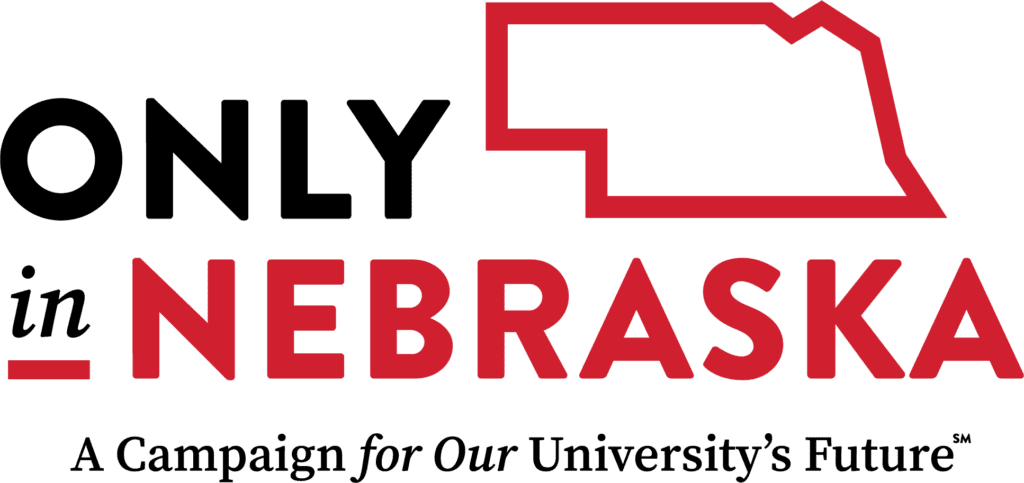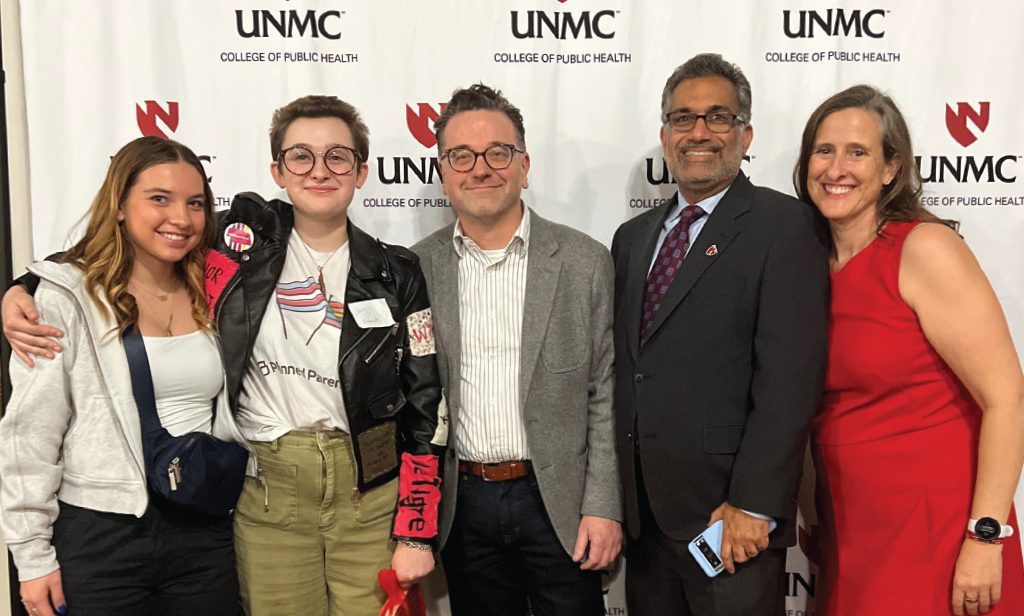In her role for the campaign, Weitz has thought of fundraising in broader terms — not just about raising money — and has come up with innovative ways to increase engagement. Not only has she made generous gifts supporting the college and the Trustees Fund for the Future, but she also has connected the foundation with people interested in public health and hosted several events, including film screenings, panel discussions, postcard writing activities, focus groups and even a murder-mystery-style fundraiser, where guests solved clues to find the source of an infectious disease outbreak. The events brought together nonprofit leaders, policymakers and faculty members from the college.
“Having people interested and engaged with the university is just as important as how much money they can give to the campaign or to the college,” Weitz said. “We’re never going to solve these problems with private money. So, their social capital is important — how they vote, who they talk to, it really matters.”
Weitz serves as president of the Weitz Family Foundation, and her passion for education and volunteerism is rooted in her family. Her parents, Barbara and Wally Weitz, have made transformational gifts to the university, and Barbara Weitz currently serves as a University of Nebraska regent.
“The idea of tithing was a big deal in our family early on,” Katie Weitz said, “not just that 10% of your allowance should go in the little church envelopes, but also service. I was writing letters in protest of injustice in first grade. It was just part of how we talked and what we talked about.”
Weitz, who has two master’s degrees and a doctorate in human development and social policy, began her career as a teacher. Today, she said she is inspired in her philanthropic work by the people on the ground.
“The teachers inspire me; the people who are starting nonprofits or working in nonprofits; the academics,” she said. “They’re so passionate about the work they do. It’s contagious. I think I get energy and hope and find myself committing to things because of the individuals who are doing the work.”
While Weitz has hosted numerous events of various sizes, she encourages trustees looking to advocate for the university to start small.
“Start with your friends,” she said. “Just gathering a few people and a faculty member together, talking about an issue is fabulous. It’s the little mind shifts that happen when you meet new people and learn new things.”
Weitz said education is critical for a thriving democracy, and she encourages other trustees to use their social networks to communicate and advocate for the important work being done at the university.
“Our dollars can go a lot further if we’re able to use these informal networks of messaging, bringing people in and helping them understand the issues,” she said. “I’m sure trustees who have relationships and colleges where their passions are could find those same kinds of passion points. Having more of the community connected to the university benefits the university, our state and democracy.”





